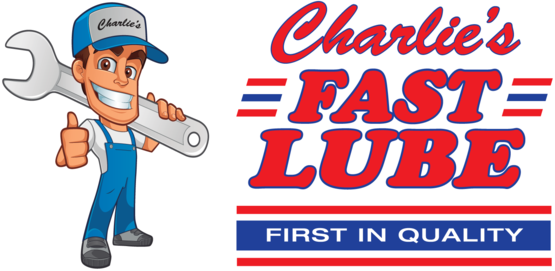Fuel Injectors
February 2, 2020
The last new American vehicles sold in Jackson with a carburetor rolled out of the Missouri dealerships in 1990. Since then, all new vehicles here in Jackson, and nationally, have had fuel injectors. In very simple terms, a fuel injector is a valve that squirts fuel into your engine. Your engine control computer tells the fuel injector how much gas to deliver as well as the precise time it should be delivered. Of course this happens thousands of times a minute. Fuel injectors deliver fuel far more precisely than carburetors. That translates into better fuel economy and more power for Jackson drivers. Virtually all fuel injectors for gas engines are known as port fuel injectors because they deliver the fuel to a port just outside the cylinder. Port fuel injectors operate at about 40 to 80 pounds per square inch of pressure.
A few vehicle manufacturers have introduced gas direct injection systems on some engines recently. These systems inject the gas directly into the cylinders under very high pressure - hundreds of times the pressure of port injection systems. Although more complicated, direct injection technology promises greater power with improved fuel economy, so Missouri drivers can expect to see more of it in the future.
As Jackson residents can see, the level of precision required of fuel injectors is very high. It's important that they operate properly in order for your vehicle to run right.
High temperatures under your hood and variations in Jackson gas quality cause fuel injectors to become fouled with wax, dirt and carbon. Injectors can become partially clogged, preventing them from delivering the proper amount of fuel at the correct pressure. The design of each engine requires a specific spray pattern from the fuel injector that might be altered when the injector is dirty. When injectors are dirty, the fuel doesn't burn as efficiently, resulting in poor fuel economy and loss of power. So it is important to keep your vehicle fuel injectors clean.
Skilled service technicians at Charlie's Fast Lube Jackson in Jackson can perform a fuel system service for you. That is a fuel system service - not just fuel injector cleaning. That is because the fuel has a lot of ways to become dirty or contaminated between the Jackson gas pump and your fuel injectors. A fuel system service at Charlie's Fast Lube Jackson starts with a fuel filter replacement. This filter cleans the gas as it leaves the tank. The various parts of the fuel intake system need to be cleaned from time to time to remove harmful gum deposits and varnish. Finally, the fuel injectors are cleaned so that they operate properly for you and deliver the right amount of fuel at the right time.
Our pros at Charlie's Fast Lube Jackson use a process for cleaning your vehicle fuel system that includes state-of-the-art cleaning chemicals as well as some old fashioned scrubbing. Proper maintenance of your fuel system means that you will enjoy strong performance and prevent repairs down the road.
Charlie's Fast Lube Jackson
1901 E. Jackson Blvd.
Jackson, Missouri 63755
575-243-2226
http://www.charliesfastlubejackson.com
Need Service?
More articles from Charlie's Fast Lube Jackson

Feeling Powerless (Why Is My Battery Light On?)
March 30, 2025
When one of your vehicles warning lights comes on, the first thing that comes to mind is, Oh, no, whats wrong now? When its the battery light, it means theres something wrong with your vehicles battery or charging system. And because both are important for your vehicle to work properly, its a go... More

Your Vehicle's Hissy Fit (AC System)
March 23, 2025
When you hear hissing sounds coming from your vehicle, you might start thinking the worst. One type of hissing coming from around your air conditioner may be a normal sound, or it could be a sign of serious trouble. First - the normal sound. When you turn off your vehicle, the refrigerant goes... More

Your Biggest Fan (Radiator Fan Problems)
March 16, 2025
Your vehicle's engine makes a lot of heat when it's powering you down the road, so it needs a way to get rid of that energy. That's why your vehicle has a cooling system, complete with a radiator and one or two radiator fans, also called cooling fans. Those fans make sure air keeps moving acros... More










